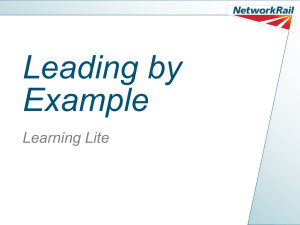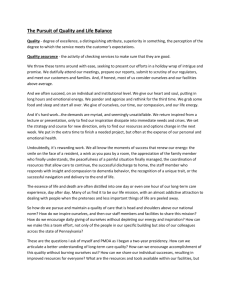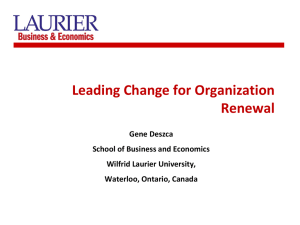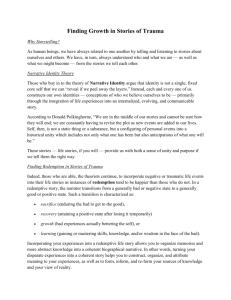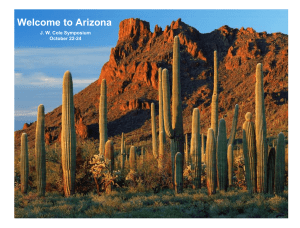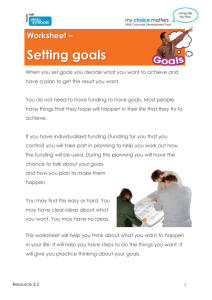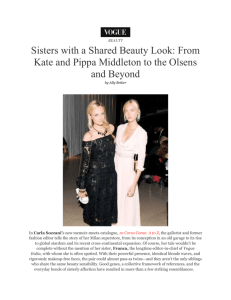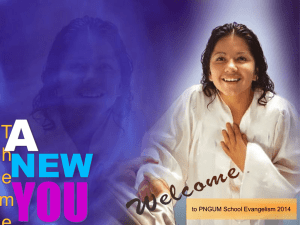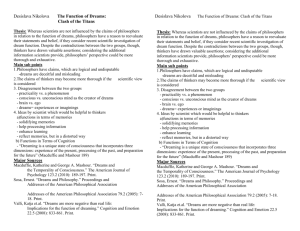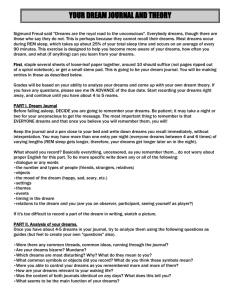HERE
advertisement
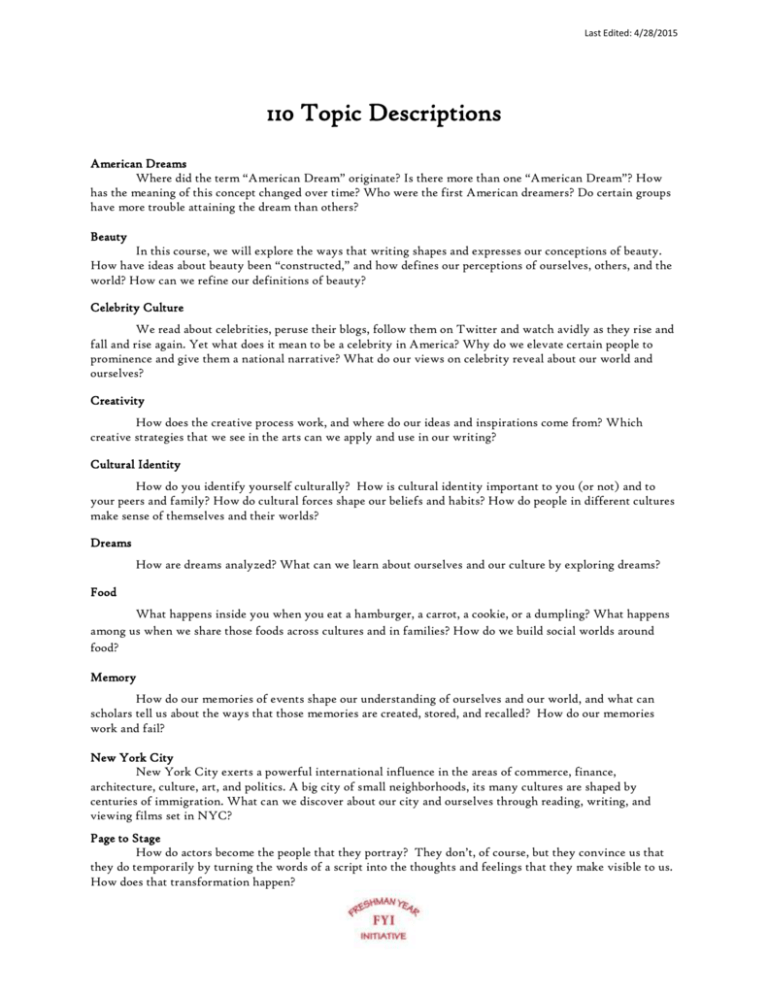
Last Edited: 4/28/2015 110 Topic Descriptions American Dreams Where did the term “American Dream” originate? Is there more than one “American Dream”? How has the meaning of this concept changed over time? Who were the first American dreamers? Do certain groups have more trouble attaining the dream than others? Beauty In this course, we will explore the ways that writing shapes and expresses our conceptions of beauty. How have ideas about beauty been “constructed,” and how defines our perceptions of ourselves, others, and the world? How can we refine our definitions of beauty? Celebrity Culture We read about celebrities, peruse their blogs, follow them on Twitter and watch avidly as they rise and fall and rise again. Yet what does it mean to be a celebrity in America? Why do we elevate certain people to prominence and give them a national narrative? What do our views on celebrity reveal about our world and ourselves? Creativity How does the creative process work, and where do our ideas and inspirations come from? Which creative strategies that we see in the arts can we apply and use in our writing? Cultural Identity How do you identify yourself culturally? How is cultural identity important to you (or not) and to your peers and family? How do cultural forces shape our beliefs and habits? How do people in different cultures make sense of themselves and their worlds? Dreams How are dreams analyzed? What can we learn about ourselves and our culture by exploring dreams? Food What happens inside you when you eat a hamburger, a carrot, a cookie, or a dumpling? What happens among us when we share those foods across cultures and in families? How do we build social worlds around food? Memory How do our memories of events shape our understanding of ourselves and our world, and what can scholars tell us about the ways that those memories are created, stored, and recalled? How do our memories work and fail? New York City New York City exerts a powerful international influence in the areas of commerce, finance, architecture, culture, art, and politics. A big city of small neighborhoods, its many cultures are shaped by centuries of immigration. What can we discover about our city and ourselves through reading, writing, and viewing films set in NYC? Page to Stage How do actors become the people that they portray? They don’t, of course, but they convince us that they do temporarily by turning the words of a script into the thoughts and feelings that they make visible to us. How does that transformation happen? Last Edited: 4/28/2015 Religion How have different religions been defined and spread through writing? What does an analysis of religious texts add to our understanding of the role that religions play in our diverse world? Reading Film How can you “read” a film? Students in this community will learn a variety of ways to answer that question and practice writing about visual media. The Planet What does it mean for the earth to be irreversibly changed by human activities? How are humans vulnerable to out-of-control ecosystems? Ecological movements have historically relied on the rhetoric of a vulnerable earth and, to a lesser but increasing extent, of vulnerable human societies, in making their claims. We all know basic facts about the environment—that pollution is bad, for example, and recycling is good—but scientists tell us that we need to learn much more, and we need to learn it quickly for the sake of the planet. How can we analyze the arguments that prove most convincing to the leading scientists of our time? The Visual World Most of us are skilled visual observers of a modern world in which films and advertisements employ advanced and expensive technologies to show us images unlike any that we have seen before. How can we become more sophisticated “readers” of visual images? Literacy and Language Our minds make meaning out of language as we analyze the ways that we learned to read, speak, and write. What are the processes that enable the English language to change over time, to enable human beings to share their thoughts with words? Writing Biology Our knowledge of biology depends on what we read and write about science. Writers create images of biological “reality” that pass as pure “fact.” How does the language that a writer chooses when writing about biology shape what readers understand?

